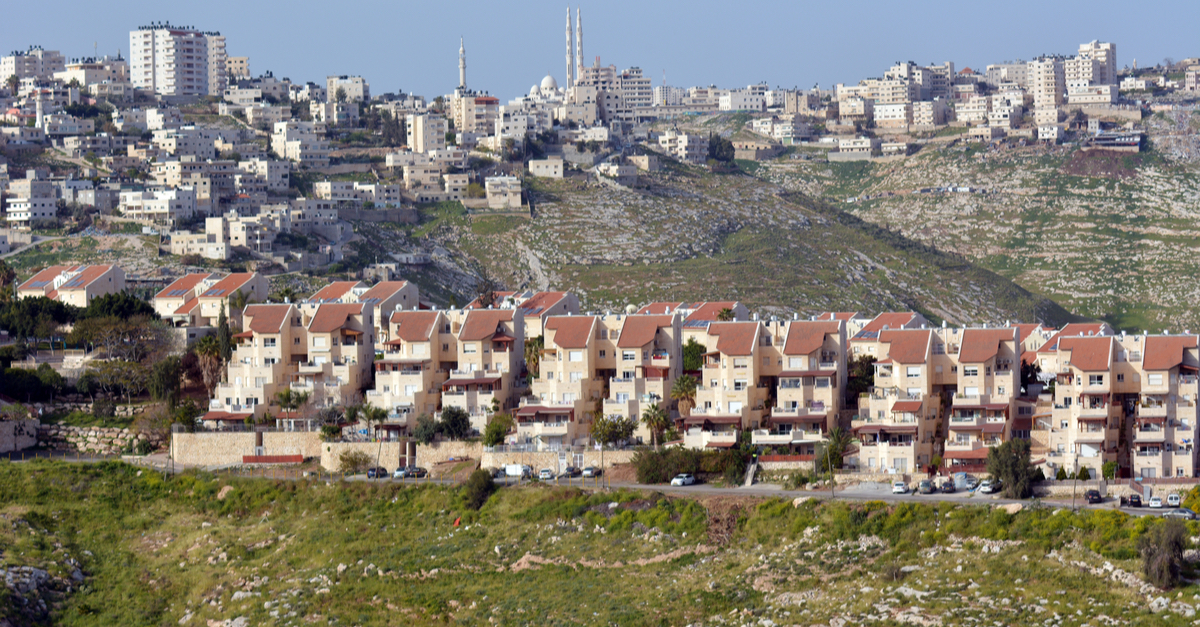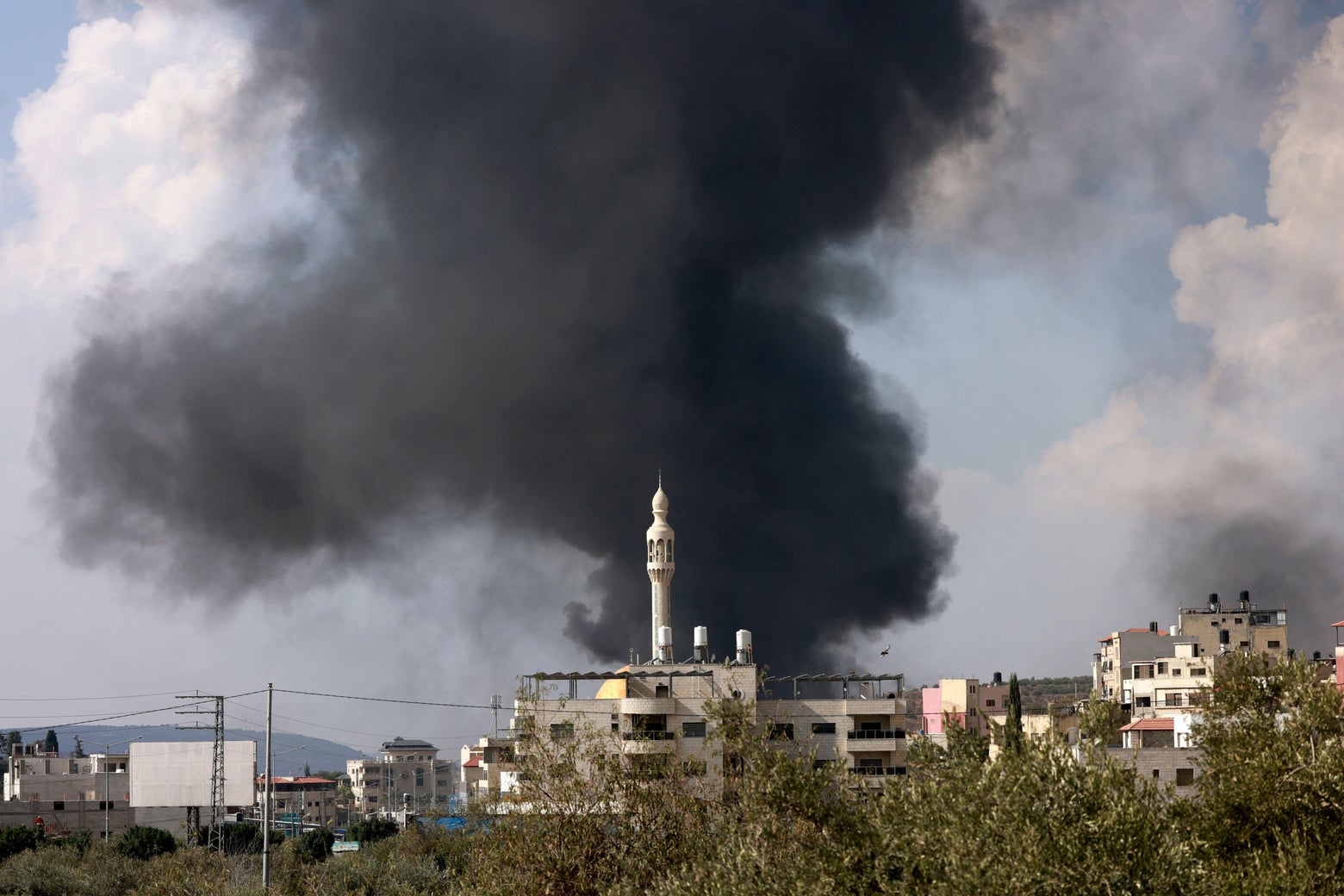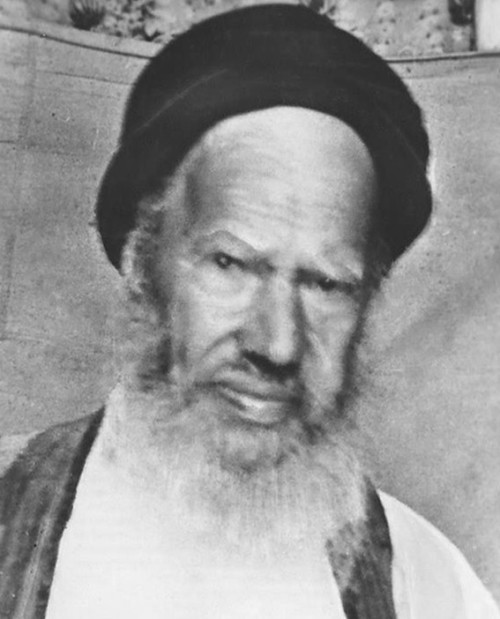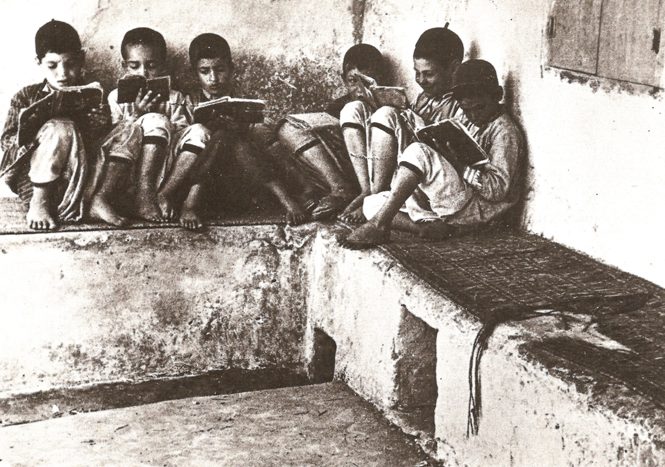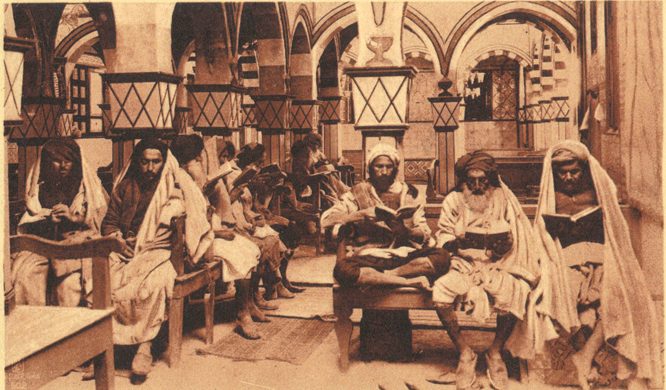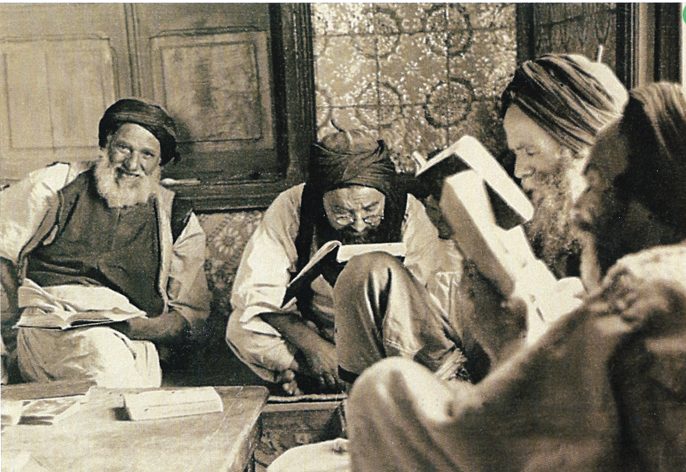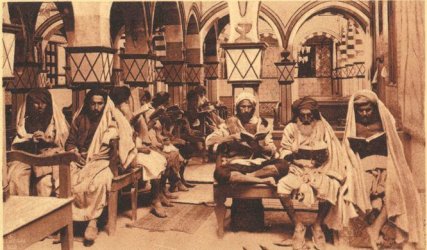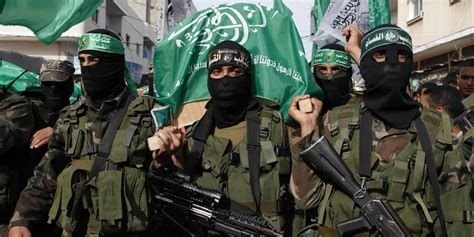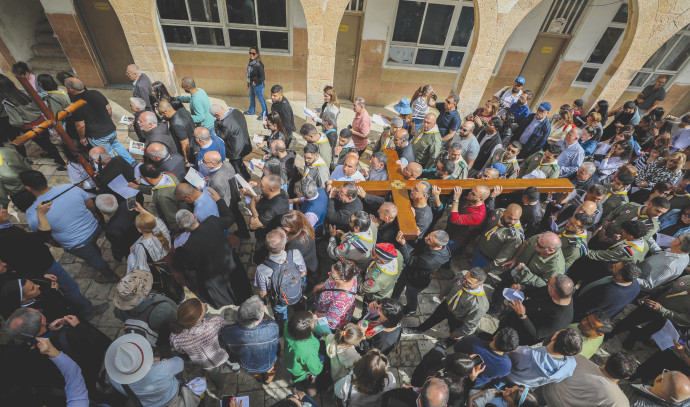rylah
Gold Member
- Jun 10, 2015
- 21,256
- 4,507
- 290
בס"ד
Roi’s Miracle AFTER Escaping the Oct. 7th Nova Massacre
Roi is a survivor of the horrific tragedy that occurred at the Nova Music Festival the morning of October 7th. The miracle that defined Roi's life happened in that moment and continued in the aftermath of that horrible day.

